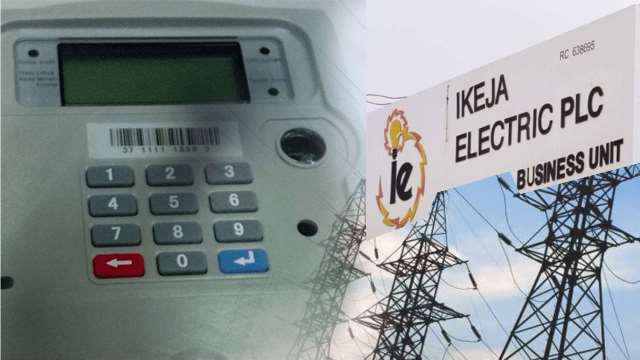In response to the Federal Government’s decision to implement a 240% hike in electricity tariffs for users enjoying 20-hour power supply, manufacturers and organized labor have vehemently opposed the move, advocating for the retention of electricity subsidies.
The tariff hike, announced by the government through the Nigerian Electricity Regulatory Commission (NERC), raised the rate from N68/kWh to N225/kWh, affecting consumers in Band A, who receive extended power supply.
Expressing concern, stakeholders argued that removing the subsidy would not only drive manufacturers out of business but also exacerbate inflationary pressures across the economy.
Band A customers, constituting 15% of total power users, previously enjoyed subsidized rates, but under the new order, subsidies have been entirely withdrawn, prompting widespread criticism.
Musiliu Oseni, Vice Chairman of NERC, defended the decision, citing the government’s inability to sustain electricity subsidies, which amounted to approximately N2.9 trillion annually. He revealed that only 15% of customers would be impacted by the tariff hike, emphasizing that consumers on other bands would not be affected.
However, labor unions and industry associations strongly rebuked the government’s move, labeling it as insensitive and detrimental to citizens’ welfare. They argued that the tariff hike would escalate the cost of living and jeopardize the survival of businesses already grappling with economic challenges.
In response, the Nigerian Labour Congress (NLC) denounced the decision, highlighting its adverse impact on workers and manufacturers. Similarly, the Trade Union Congress (TUC) criticized the government’s revenue-focused approach, emphasizing the need to prioritize citizens’ well-being.
The private sector echoed these sentiments, warning of job losses, increased operational costs, and inflationary pressures. Industry leaders expressed concerns over the potential ramifications of the tariff hike on business viability and economic recovery efforts.
While acknowledging the necessity of tariff adjustments, stakeholders emphasized the importance of stakeholder engagement and transparency in policy implementation. They called for a gradual approach to tariff review, considering the broader economic implications and ensuring the competitiveness of businesses.
Amidst the tariff hike controversy, industry experts underscored the need to address underlying issues in the power sector, advocating for comprehensive reforms to enhance efficiency and sustainability.











